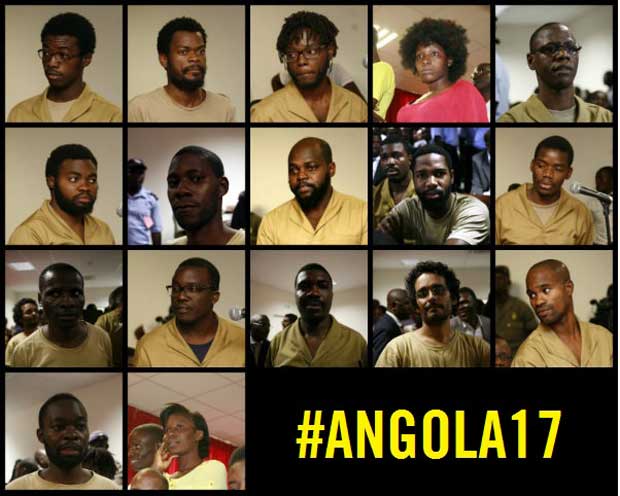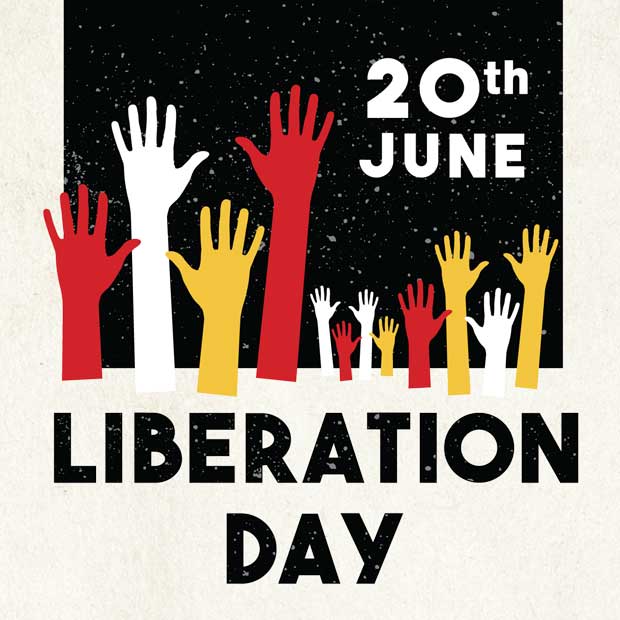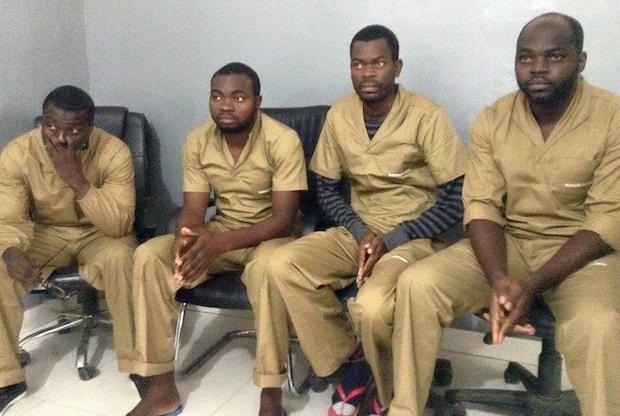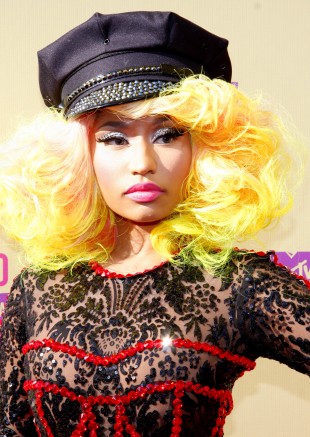Index relies entirely on the support of donors and readers to do its work.
Help us keep amplifying censored voices today.

Demonstrations are being held in Brussels, Luanda, Pretoria and Paris to mark one year since the arrest of an Angolan book club’s members.
20 June has been named Liberation Day in solidarity with the group of 17 young men who received sentences between two and eight-and-a-half years in March. They were convicted of preparing acts of rebellion and conspiring against the government.
The majority of the group (15) were were arrested last June while holding a meeting to discuss politics and democracy in the country, which has been ruled by President Eduardo dos Santos for 36 years. They had been reading a book about non-violent resistance by Nobel Prize nominee Gene Sharp.
Relatives, human rights groups and the press have reported severe concerns about the prisoners’ deteriorating health.
Rapper Luaty Beirão has attempted to protest his five-year sentence with a hunger strike. Friends managing his Facebook said that he has recently been experiencing intense fevers and the Portuguese press has reported he is being treated for malaria.
Nuno Dala, a university lecturer who is part of the jailed group, also carried out a 36-day hunger strike after packages sent to him from relatives failed to be delivered and he was refused access to books. Last month saw the release of Dala’s own book, The Political Thought of Young Revus: Speech and Action, which he was working on when he was arrested. The launch coincided with his daughter’s first birthday.
Amnesty International, which has declared the 17 as prisoners of conscience and launched a petition to demand their release, said, “They should not have spent a single day in prison and must be released immediately and unconditionally.”
The 17 jailed activists are Henrique Luaty da Silva Beirão, Manuel Chivonde (Nito Alves), Nuno Álvaro Dala, Afonso Matias (Mbanza Hanza), Nelson Dibango Mendes dos Santos, Hitler Jessy Chivonde (Hitler Samussuko), Albano Evaristo Bingobingo, Sedrick de Carvalho, Fernando António Tomás (Nicolas o Radical), Arante Kivuvu Italiano Lopes, Benedito Jeremias, José Gomes Hata (Cheick Hata), Inocêncio Antônio de Brito, Osvaldo Sérgio Correia Caholo, Domingos da Cruz, Laurinda Gouveia and Rosa Conde.
Details of the worldwide protests on and around Liberation Day can be found here


Four of the Angolan activists in detention. Photograph: Pedrowski Teca
Index is appalled at the sentencing of Angolan activists whose “crime” was taking part in a reading group discussing ideas of democracy.
Members of the group were arrested last June after discussing author Gene Sharp’s 1993 work From Dictatorship to Democracy – about non violent resistance – at their book club.
They were sentenced on Monday 28 March to between two and eight-and-a-half years each. Rapper Luaty Beiro, one of the 17, was given a five and a half year sentence for “rebellion against the president of the republic, criminal association and falsifying documents”.
Activist Domingos da Cruz, singled-out as the group’s “leader”, was given an eight-and-a-half year sentence for planning a coup and for criminal association.
“It is a year since Index awarded a Freedom of Expression prize to Angolan journalist Rafael Marques de Morais,” said index CEO Jodie Ginsberg. “These latest sentences show how dire the situation remains for anyone who questions Angola’s regime.”
Index on Censorship urges international governments to condemn these sentences and for the Angolan government to uphold its commitments to human rights and freedom of expression.

American rapper Nicki Minaj. Credit: Shutterstock / Tinseltown
As far as reasons to lambast or draw controversy from the head of state in Angola go, you’d expect his taste in music to be some way down the rather long list. But this isn’t necessarily the case. Tomorrow, American rapper Nicki Minaj will sing at a Christmas festival for President José Eduardo dos Santos, in the process risking lending legitimacy to a regime criticised for widespread human rights abuses.
With no signs of cancellation, here are five ways in which free expression is curbed in dos Santos’ Angola.
1. American rappers are welcome; Angolan rappers are not
Dos Santos’ love of rap is selective. While Nicki Minaj is welcomed with open arms, Angolan rapper Luaty Beirao, also known by his stage name Ikonoklasta, arrested on charges of rebellion, will be coming to terms with his house arrest. Beiro has recently ended a five-week hunger strike.
MCK, another Angolan rapper known for his activism in Angola, was barred from leaving the country in November by the immigration services. MCK was on his way to perform at a rap festival in Brazil on the invitation of Rafael Marques de Morais when he was stopped at Luanda’s International Airport.
2. Organising a book club can get you arrested…
It isn’t just rap the country’s leaders take aim at, but literature too. In June, 17 Angolan activists including Ikonoklasta were arrested and later put on trial on accusations of planning a rebellion against the country’s government. The reason for their arrest was a book club meeting in which they discussed peaceful protest and Gene Sharp’s book From Dictatorship to Democracy. Protest and democracy are topics that are out of bounds in dos Santos’ Angola, it would seem.
A new documentary called It Is Forbidden to Talk tells the story of those arrested. During the 25 days it took to shoot the film, its creators were also targeted and attacked by Angolan authorities, and had to seek protection from the Brazilian embassy.
3. …writing books can too
If reading subversive literature can land you in trouble, you better believe writing it can too. In May 2015, Angolan investigative journalist and Index on Censorship award-winner Rafael Marques de Morais was handed down a six-month suspended sentence in Luanda. His crime was to write about the killings and torture that takes place in Angola’s diamond fields.
4. Going to a non-official church could mean death
On 16 April, police and defence forces killed scores of pilgrims on Mount Sumi, in Angola’s central highlands, to avenge the deaths of eight police officers, allegedly at the hands of members of a Christian sect known as the Seventh Day in the Light of the World. The tragedy was not widely reported and underscores the extent of government control of the flow of information in Angola.
5. Planning a peaceful protest lands you a six year sentence
In September 2015, human rights activist Jose Marcos Mavungo was given a six-year prison sentence for attempting to hold a peaceful protest on 14 March. Mavungo is a former member of Mpalabanda, a group that was banned after it highlighted rights abuses by security forces in the province. Mavungo’s jailing was a travesty of justice and shows the blatant disregard for basic human rights in Angola.
Documentary It Is Forbidden to Talk in Angola tells the story of the 15 young adults who were accused of planning a rebellion against the government of José Eduardo Dos Santos for taking part in a book club. It is released for the first time with English subtitles by Index in conjunction with Brazil’s award-winning investigative journalists Agencia Publica.
Filmed over 25 days by award-winning journalists Natalia Viana and Eliza Capai from Agencia Publica, It Is Forbidden to Talk in Angola tells the story of the young rappers and activists who are being tried for reading a book by US Nobel Prize nominee Gene Sharp, called From Dictatorship to Democracy, A Conceptual Framework for Liberation.
The activists are facing trial on charges of “preparing acts of rebellion and plotting against the president and state institutions”, which are considered crimes against the security of the Angolan state. If found guilty they could face heavy prison sentences of up to 12 years. Some of the 15 jailed activists were kept in pre-trial detention for 177 days, exceeding the 90 days allowed by Angolan law.
The activists were told on 15 December that they would be sent home and placed under house arrest, according to MakaAngola.org.
Some of the jailed activists went on hunger strike to protest their arrest and detention. Rapper Henrique Luaty Beirão ended his hunger strike on October 27, after 36 days, following requests by his family and friends. He remains in serious condition.
Viana and Capai met several members of Central Angola, a community journalist and activist website whose members have received threats, have been beaten and are constantly surveilled by the security services of the Angolan government. Laurinda Gouveia, a 26-year old philosophy student, told the interviewers how she was beaten with metal bars for two hours in November 2014 for filming a small protest against the government.
“I felt their anger when the police beat me up. They kept saying: ‘You shouldn’t get involved in this, you are a woman, you should think about having a husband and a family… By the way we are beating you up, you will not be able to have babies’,” Gouveia told the journalists.
Following the interview, Gouveia was included in the state prosecutor’s investigation and is now on trial with her colleagues.
Viana and Capai also interviewed rapper Beirão’s family, after which the two journalists were targeted by Angolan authorities. Five days later, while in a public square during an event to mark the president’s birthday, the journalists said they were attacked by two members of the security forces. Disguised as “thieves”, the individuals stole the journalists’ equipment. Shaken, the two sought protection from the Brazilian embassy.
It Is Forbidden to Talk in Angola is a first-hand account of how Dos Santos’ regime works to intimidate anyone who questions his power, and it is released here for the first time with English subtitles.
Agencia Publica is a non-profit investigative journalism organisation that seeks to provide non-partisan reporting in the public interest on Brazilian and Latin American issues.